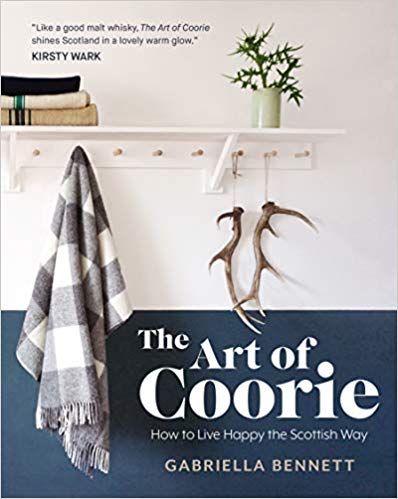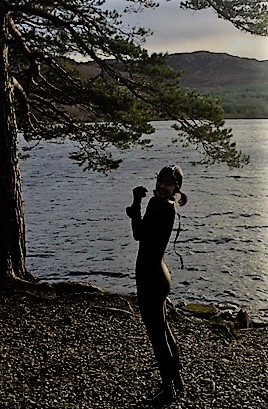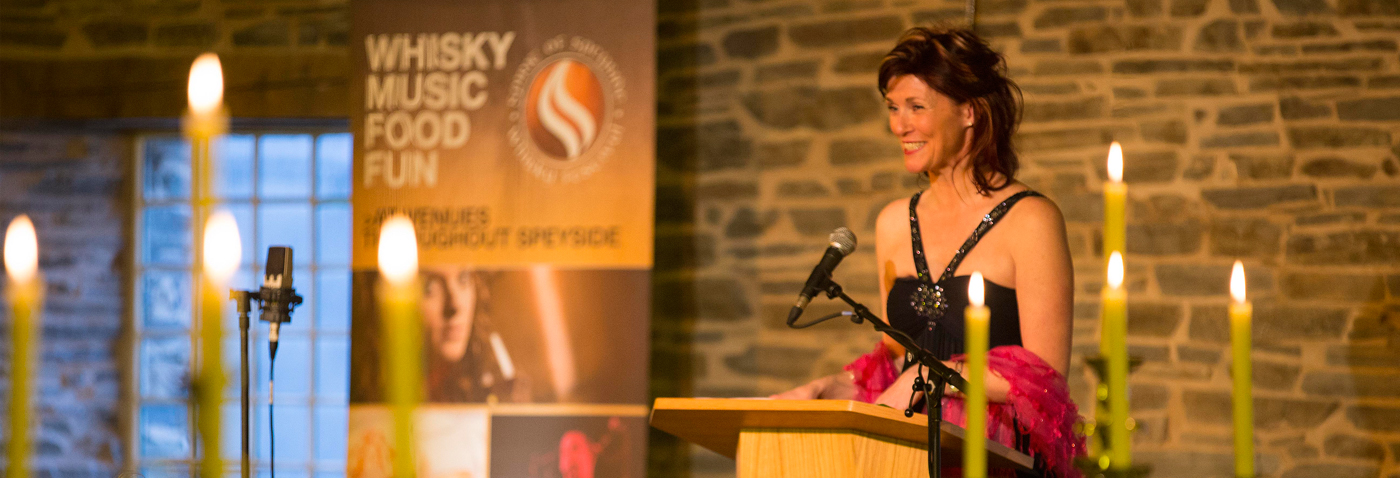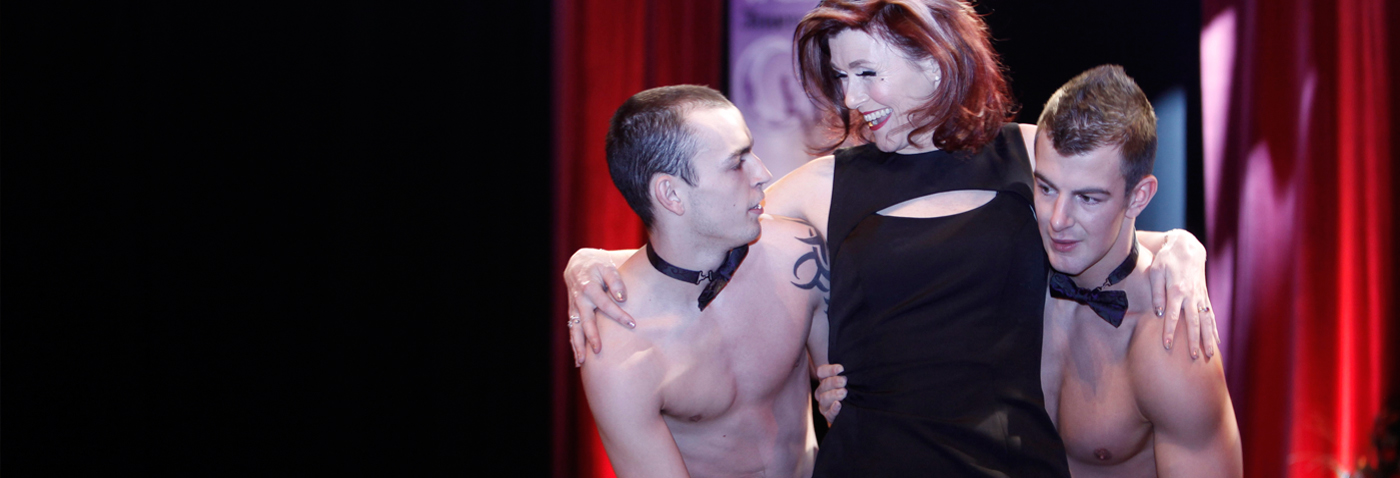It has been unseasonably mild so far this winter, but let’s not get complacent. The gritters have barely been out of their sheds but there are still eleven weeks till the clocks change, so don’t go locking up your winter woollies yet. But don’t wish the weeks away either – long cold evenings are the perfect excuse for cooking (and eating!) rib-sticking soups and stews and for throwing another log on the fire, lighting some candles and snuggling under a blanket with a partner, a book or a box set… or all three.
It all sounds very Hygge, doesn’t it? In case you missed it, Hygge was the cosy Danish lifestyle trend we were all supposed to be adopting a few years ago. Once the craze caught on the shops were full of it – chunky knitted blankets and Scandi socks, with a steaming mug of hot chocolate and some cinnamon biscuits on the side. All very comforting.

Hygge tapped into a common-sense way of adding warmth and light into the coldest, darkest months of the year? It was also a way of justifying the purchase of another scented candle and matching Nordic-style jumpers; a marketeer’s dream.

But if you believe what you read in style magazines, Hygge is just so last year. It’s out with the Scandi trends and in with Scottish, as a new book, ‘The Art of Coorie’ by Gabrielle Bennett teaches us ‘How to Live Happy The Scottish Way.’ It seems we Scots have a secret way of life that we’ve been living for centuries, and only now, thanks to this new book, is the world being let in on its delights.
According to the author, and to the swathe of London-based publications that have jumped on this new ‘concept’, coorie is as an ancient Scottish way of life. It is “The Scottish art of deriving comfort, well-being and energy from wild landscapes and convivial interiors”. It’s about the warmth of a bowl of soup after a wild swim in a freezing Highland loch, or a dram in front of the fire after a bracing walk in the hills.
Actually, that all sounds rather lovely – and the sort of thing I did quite a lot of between Christmas and New Year, and which made it all the harder to come back to work this week. But did I know it was an ancient Scottish way of life? And did I know it was called coorie? That’ll be a no. To both.
Is coorie even a thing?
So, is coorie the new Hygge? Is it even a thing? I offer my scepticism… correct me if I’m wrong:
- I have lived in Scotland all my life, and in all my years (52 and counting) have never heard anyone use the word coorie to mean anything other than to cuddle in or snuggle down. My memories of coorying in involve being enveloped into the embrace of a large-bosomed granny-type wearing a lavender coloured cardigan. Crucially, there was never any need to get outside in the cold and wet before coorying in.
- Coorie is a verb, not a noun.
- Coorie is not a secret Scottish lifestyle. It’s something that a small proportion of mainly rural-dwelling Scots are lucky to be able to indulge in on days off and in holidays. City slickers? Not so much.

I am fiercely proud to be Scottish and of the wonderful lifestyle that those of us who have easy access to the outdoors enjoy. I am mad enough to know and love the post-chill tingle of a swim in an icy loch at this time of year. Indeed, the hot chocolate and leftover Christmas cake after a pre-dawn Loch Ness dip on Sunday might even make me an ambassador for coorie.
Except that coorie is not a thing. It’s a made-up concept by someone trying to sell a way of life to people who yearn for fresh air, stunning scenery and thick soup. By all means, enjoy being out in nature and eating and drinking well afterwards. Just don’t pretend that we Scots are all at it all the time, or that it’s ever been called coorie.



